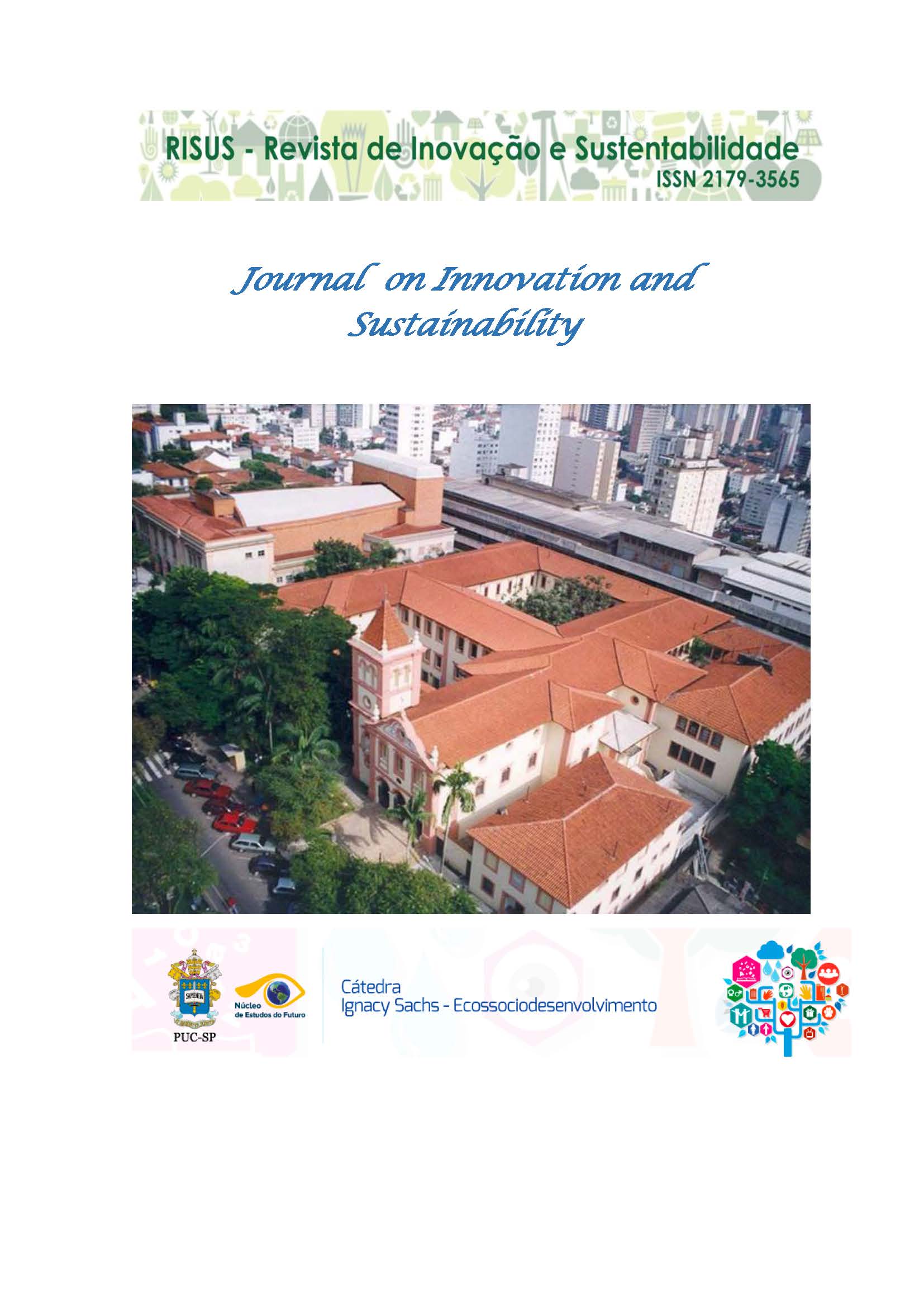Impact of Reverse Innovation on Global Competitiveness of MNCs: The Moderating Role of Understanding Latent Customer Needs in Developed Markets
DOI:
https://doi.org/10.23925/2179-3565.2023v14i3p151-165Palabras clave:
Developed Markets, Global Strategy, Reverse Innovation (RI), Multinational Corporation (MNC), Partial Least Squares (PLS)Resumen
Citas
Adomako, S., Amankwah-Amoah, J., & Frimpong, K. (2022). Human capital, reverse engineering and new venture growth: The moderating role of competitive strategy. Technovation, 114, 102520.
Chandler, G. N. (1996). Business Similarity as a Moderator of the Relationship between Pre-Ownership Experience and Venture Performance. Entrepreneurship Theory and Practice, 20(3), 51–65. https://doi.org/10.1177/10422587960200030
Dudaklı, N., Felekoğlu, B., & Baykasoğlu, A. (2021). Building blocks of the reverse innovation process. Innovation: The European Journal of Social Science Research, 1–28. https://doi.org/10.1080/13511610.2021.1925527
Genc, E., Dayan, M., & Genc, O. F. (2019). The impact of SME internationalization on innovation: The mediating role of market and entrepreneurial orientation. Industrial Marketing Management, 82, 253-264.
Golgeci, I., Assadinia, S., Kuivalainen, O., & Larimo, J. (2019). Emerging-market firms’ dynamic capabilities and international performance: The moderating role of institutional development and distance. International Business Review, 28(6), 101593 https://doi.org/10.1016/j.ibusrev.2019.10159.
Hukkelberg, S., Keles, S., Ogden, T., & Hammerstrøm, K. T. (2019). The relation between behavioral problems and social competence: A correlational Meta-analysis. BMC Psychiatry, 19(1). https://doi.org/10.1186/s12888-019-2343-9
Islam, T., Islam, R., Pitafi, A. H., Xiaobei, L., Rehmani, M., Irfan, M., & Mubarak, M. (2021). The impact of corporate social responsibility on customer loyalty: The mediating role of corporate reputation, customer satisfaction, and trust. Sustainable Production and Consumption, 25, 123–135. https://doi.org/10.1016/j.spc.2020.07.019
MacKenzie, S. B., Podsakoff, P. M., & Podsakoff, N. P. (2011). Construct measurement and validation procedures in MIS and behavioral research: Integrating new and existing techniques. MIS quarterly, 293-334.
Menguc, B., Auh, S., & Yannopoulos, P. (2014). Customer and supplier involvement in design: The moderating role of incremental and radical innovation capability. Journal of Product Innovation Management, 31(2), 313-328.
Morgan, T., Anokhin, S. A., & Wincent, J. (2019). Influence of market orientation on performance: the moderating roles of customer participation breadth and depth in new product development. Industry and Innovation, 26(9), 1103-1120.
Petzold, S., Barbat, V., Pons, F., & Zins, M. (2019). Impact of responsive and proactive market orientation on SME performance: The moderating role of economic crisis perception. Canadian Journal of Administrative Sciences, 36(4), 459–472. https://doi.org/10.1002/cjas.1514
Qayyum, A., Khang, D. B., & Krairit, D. (2013). An analysis of the antecedents of loyalty and the moderating role of customer demographics in an emerging mobile phone industry. International Journal of Emerging Markets, 8(4), 373-391.
Sarstedt, M., Ringle, C. M., & Hair, J. F. (2021). Partial least squares structural equation modeling. In Handbook of market research (pp. 587-632). Cham: Springer International Publishing. Sarstedt, M., Ringle, C. M., & Hair, J. F. (2021). Partial least squares structural equation modeling. In Handbook of market research (pp. 587-632). Cham: Springer International Publishing.
Schmidt, C. G., Yan, T., Wagner, S. M., & Lucianetti, L. (2022). Performance implications of knowledge inputs in inter-organisational new product development projects: the moderating roles of technology interdependence. International Journal of Production Research, 60(20), 6048-6071.
Senyard, J., Baker, T., Steffens, P., & Davidsson, P. (2014). Bricolage as a Path to Innovativeness for Resource-Constrained New Firms. Journal of Product Innovation Management, 31(2), 211–230. https://doi.org/10.1111/jpim.12091
Teixeira, G. F. G., & Canciglieri, O., Junior. (2019). How to make strategic planning for corporate sustainability? Journal of Cleaner Production, 230, 1421–1431. https://doi.org/10.1016/j.jclepro.2019.05.063
Zeschky, M., Winterhalter, S., & Gassmann, O. (2015). From Cost to Frugal and Reverse Innovation: Mapping the Field and Implications for Global Competitiveness. Research-technology Management, 57(4), 20. https://doi.org/10.5437/08956308x5704235

Descargas
Publicado
Número
Sección
Licencia
This Journal is licensed under a Creative Commons Attribution-Non Commercial-No Derivers 4.0 International license.
1.The author (s) authorize the publication of the article in the journal;
2.The author (s) warrant that the contribution is original and unpublished and is not in the process of being evaluated in other journal (s);
3. The journal is not responsible for the opinions, ideas and concepts emitted in the texts, as they are the sole responsibility of its author (s);
4. The editors are entitled to make textual adjustments and to adapt the articles to the standards of publication.

